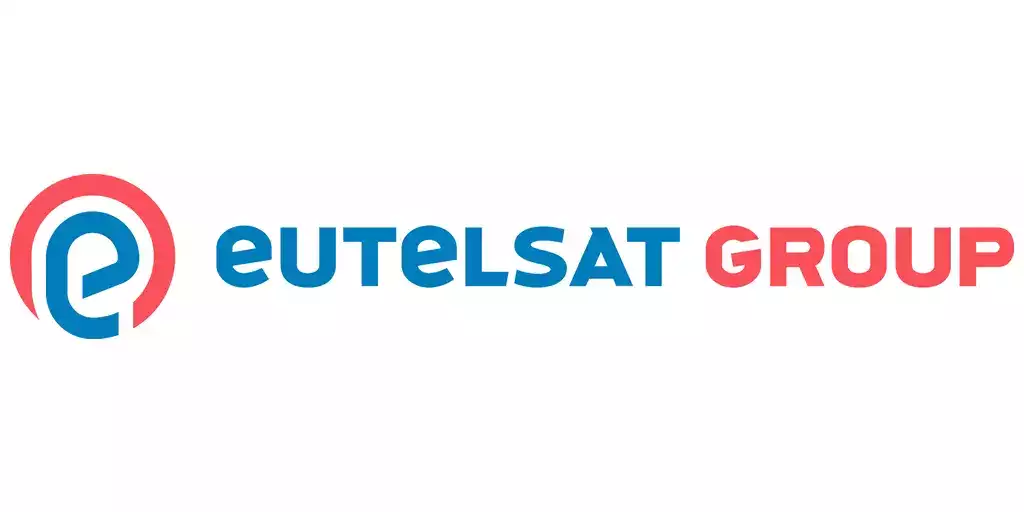Last week, the General Meeting of the French operator confirmed the merger with its Indo-American counterpart. A new satellite communications giant is born, operating in both geostationary and low-Earth orbits.
The marriage of GEO and LEO
It took just over a year for the merger between the two operators of telecommunications satellites to materialize : announced at the end of July 2022, it was definitively ratified at Eutelsat's Combined General Meeting, held on September 28 in Issy-les-Moulineaux, Hauts-de-Seine.
The merger in shares with Indo-British operator OneWeb forms the Eutelsat Group (Eutelsat Group), which will now be able to combine a fleet of satellites operating in geostationary orbit and low orbit.
The group's headquarters remain based in Paris.
OneWeb becomes a subsidiary operating commercially under the name Eutelsat OneWeb, and retains its operational center in London.
A giant is born
Today, Eutelsat has 1 700 employees and is present in 50 countries.
Its fleet comprises 37 telecommunications satellites in low-Earth orbit and more than 630 in LEO.
Services cover 274 million households worldwide.
A B2B approach
Eva Berneke, the group's CEO, was the guest on October 3 of the " Good Morning Business " program on BFM Business.
When asked about her main competitor, the Starlink constellation deployed since May 2019 by SpaceX, she replied :
" I think we're going to co-exist. Starlink is a fantastic product, which has well proven that low-orbit satellite connectivity will work. Five to eight years ago, nobody really believed in it [...], they thought it was too complicated, too expensive, and today that question is no longer asked.
So, somewhere, [Elon Musk] has created a market for us, and we think that market is going to be quite large and growing quite fast. [Starlink is a product] for the general public, which for homes and small businesses is doing well we're going to focus more on the B2B [business to business] market, meaning the corporate, maritime and government markets. "
Working with the value chain
While the Eutelsat brand, though a must-have today, is little known to the general public - unlike Starlink -, Eva Berneke explains : " We often work with the value chain. We don't do like Elon Musk, who builds his launchers, satellites and terminals, and doesn't need distributors because he says you can buy your terminal online. [...]
For example, in France, we work with Orange, through the Nordnet subsidiary which does satellite distribution : they are super strong at identifying where there is neither, fiber nor good 5G, and they use our capacity to offer these homes and businesses a satellite connection. [...]
It's very efficient to work with the channel. "
Découvrez cet article sur Air&Cosmos

